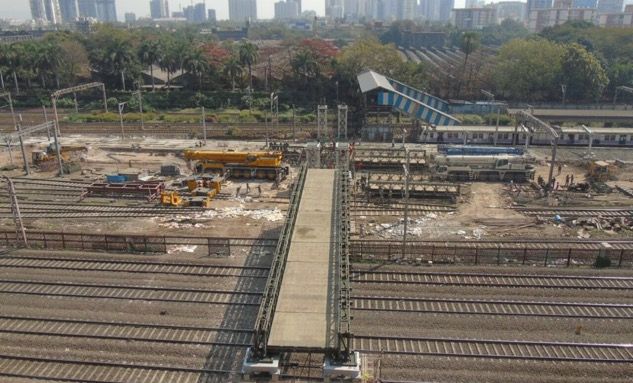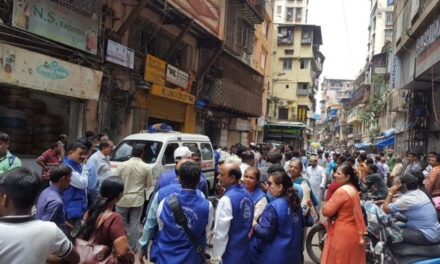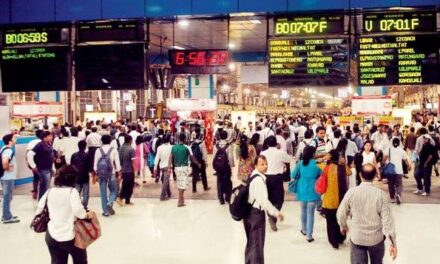
No war store materials used for building Mumbai FOBs, media reports inaccurate: Indian Army


The Army clarified that no war store materials were used for constructing the new FOBs (Picture Courtesy: Indian Army)
The Indian Army on Monday dismissed reports claiming that they were constructing three foot-over-bridges (FOBs) in Mumbai with materials brought from a war store on the Indo-China border near Doklam.
The reports were carried by several leading news outlets on Saturday.
“Statement that appeared in sections of media on January 28, that construction material used for the construction of FOBs at Mumbai by the Army had come from the Indo-Chinese border at Doklam is factually incorrect,” read an official statement.
Doklam was the site of the 73-day standoff between the Indian and Chinese army last year.
“The bridging stores used for the construction are training stores stored in various depots across the country, which were moved by rail to Mumbai,” it added.
The Indian Army was given the task of construction of three FOBs for the Indian Railways at Elphinstone, Currey Road and Ambivli railway stations in the aftermath of the Elphinstone Road FOB tragedy on September 29, in which 23 people were killed.
The task of building the FOBs is being undertaken by the Bombay Engineer Group and Centre, Kirkee from the Indian Army as a part of aid to civil authority for safety and smooth functioning of essential public services.
Of the three, the FOB at the Ambivli railway station has been successfully completed. The Elphinstone Road and Currey Road FOBs, meanwhile, are expected to be made operational by February 15.
The army had to extend the deadline for commissioning the three FOBs to ensure the work did not affect train operations and inconvenience commuters. The earlier deadline was January 31.












